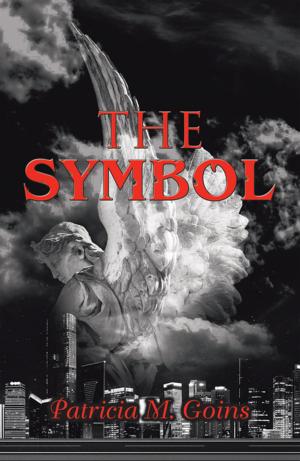| Author: | Richard John Kosciejew | ISBN: | 9781546248651 |
| Publisher: | AuthorHouse | Publication: | June 28, 2018 |
| Imprint: | AuthorHouse | Language: | English |
| Author: | Richard John Kosciejew |
| ISBN: | 9781546248651 |
| Publisher: | AuthorHouse |
| Publication: | June 28, 2018 |
| Imprint: | AuthorHouse |
| Language: | English |
We began by perceiving the world through the lenses of symbolic categories, to construct similarities and differences in terms of categorical oppositions and to organize our lives according to themes and narratives. Living in this new symbolic universe, the modern humans had a large compulsion to codify and then recodify their experiences, to translate everything into representation, and to seek out the deeper hidden logic that eliminates inconsistencies and ambiguities. The appending presumption is that sometimes it is taken for granted as fact. However, its decisions are based on the fundamental principles whose assumptions are based on or upon the nature of which were presented by surmising of the one-to-one correspondence having to exist between every element of physical reality and physical theory. This may serve to bridge the gap between mind and world for those who use physical theories. But it also suggests that the Cartesian division is inseparably integrated and structurally real, least of mention, as impregnably formidable for physical reality as it is based on ordinary language. That explains in no small part why the radical separation between mind and world as sanctioned by classical physics and formalized by Descartes, yet it remains, as philosophical postmodernism attests, as one of the most pervasive features of Western intellectual thought.
We began by perceiving the world through the lenses of symbolic categories, to construct similarities and differences in terms of categorical oppositions and to organize our lives according to themes and narratives. Living in this new symbolic universe, the modern humans had a large compulsion to codify and then recodify their experiences, to translate everything into representation, and to seek out the deeper hidden logic that eliminates inconsistencies and ambiguities. The appending presumption is that sometimes it is taken for granted as fact. However, its decisions are based on the fundamental principles whose assumptions are based on or upon the nature of which were presented by surmising of the one-to-one correspondence having to exist between every element of physical reality and physical theory. This may serve to bridge the gap between mind and world for those who use physical theories. But it also suggests that the Cartesian division is inseparably integrated and structurally real, least of mention, as impregnably formidable for physical reality as it is based on ordinary language. That explains in no small part why the radical separation between mind and world as sanctioned by classical physics and formalized by Descartes, yet it remains, as philosophical postmodernism attests, as one of the most pervasive features of Western intellectual thought.















